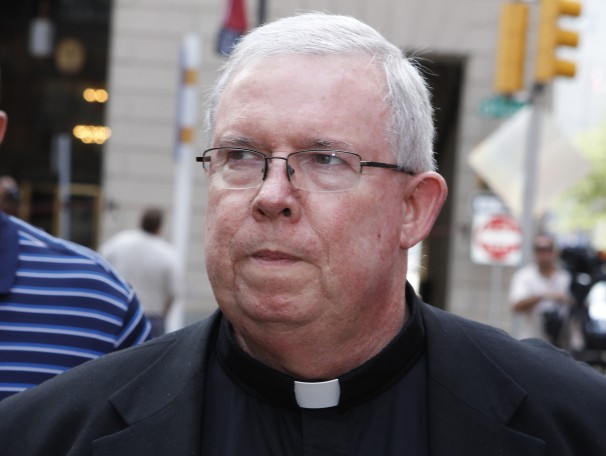|
Catholic Sex Abuse Crisis, 10 Years Later By Thomas G. Plante
Recent weeks marked several landmarks in the Catholic Church’s dark history with child sexual abuse. In Pennsylvania, the Rev. William Lynn became the first American church official convicted in the cover-up of child sex-abuse. In an Atlanta meeting of the U.S. Conference of Catholic Bishops, the bishops recognized the 10th anniversary of the Dallas Charter, the church’s document to prevent child abuse in its ranks, with a reflection presentation by the National Review Board, an independent lay advisory group to the bishops. What have we learned in the past ten years? We have learned that more than 10,000 youth were victimized by perhaps four percent of Catholic priests in America during the past half century, with the vast majority of cases occurring during the 1960s and 1970s. In fact, 94 percent of all cases occurred before 1990, according to the recent John Jay College of Criminal Justice study on the causes and context of the crisis. The sexual abuse of children by priests is horrific enough but it was the repeated stories of cover up and lack of accountability of bishops and other church leaders that has made this crisis a decade-long story. The sexual abuse trial of Jerry Sandusky at Penn State underscored the fact that child sexual abuse is certainly not confined to the Catholic Church or to any church organization, but can and does occur wherever adult men have power, control and unsupervised access to youth. Best estimates from quality research indicate that many school teachers, coaches and other adults with access to children have sexually violated youth during the past half century. It is startling that research finds that a sizable number (perhaps up to a quarter) of men and women in America report that they were sexually violated as a child by an adult. Another unfortunate lesson of the past decade is the tendency of institutions to go into denial when confronted with allegations of child sexual abuse perpetrated by their valued organizational members. It is especially disheartening when churches and universities, which set high standards for ethical and moral behavior, focus efforts on covering up and protecting themselves from accountability, lawsuits, embarrassment, and scandal, rather than making their top priority the well-being of abuse victims. However, since the Dallas Charter came out, there is much to be hopeful for in keeping children safe in 2012 and beyond. So how are things better in 2012 than 2002 to keep kids safe in the church? - Intense media focus has galvanized America to take action to stop child abuse. - Many states have enacted tougher reporting laws, and more are on the way. - The Catholic Church now employs zero tolerance policies toward abuse, has annual diocesan audits, and safe environment training for all employees, volunteers and anyone involved with youth. - Hiring practices in the church include criminal background checks and mandatory psychological and behavioral screening of clergy applicants or new international priests. While much has been done, we cannot rest until systems of child protection in the church and elsewhere are air tight. Problems still exist in trying to get everyone to follow well-conceived and articulated policies and procedures, not to mention the law. We see this in the current challenges in the dioceses of both Kansas City and Philadelphia. There is no doubt that children in the American Catholic Church community are much safer in 2012 than they were in 2002. My hope is that all institutions that engage children will take a page from the church’s new playbook when it comes to the development of policies and procedures for child protection, and that all institutions put children before reputation. Thomas G. Plante, PhD, ABPP is professor of psychology at Santa Clara University and author of several books on clergy abuse including just released, “Sexual Abuse in the Catholic Church: A Decade of Crisis, 2002-2012.”
|
.
Any original material on these pages is copyright © BishopAccountability.org 2004. Reproduce freely with attribution.
